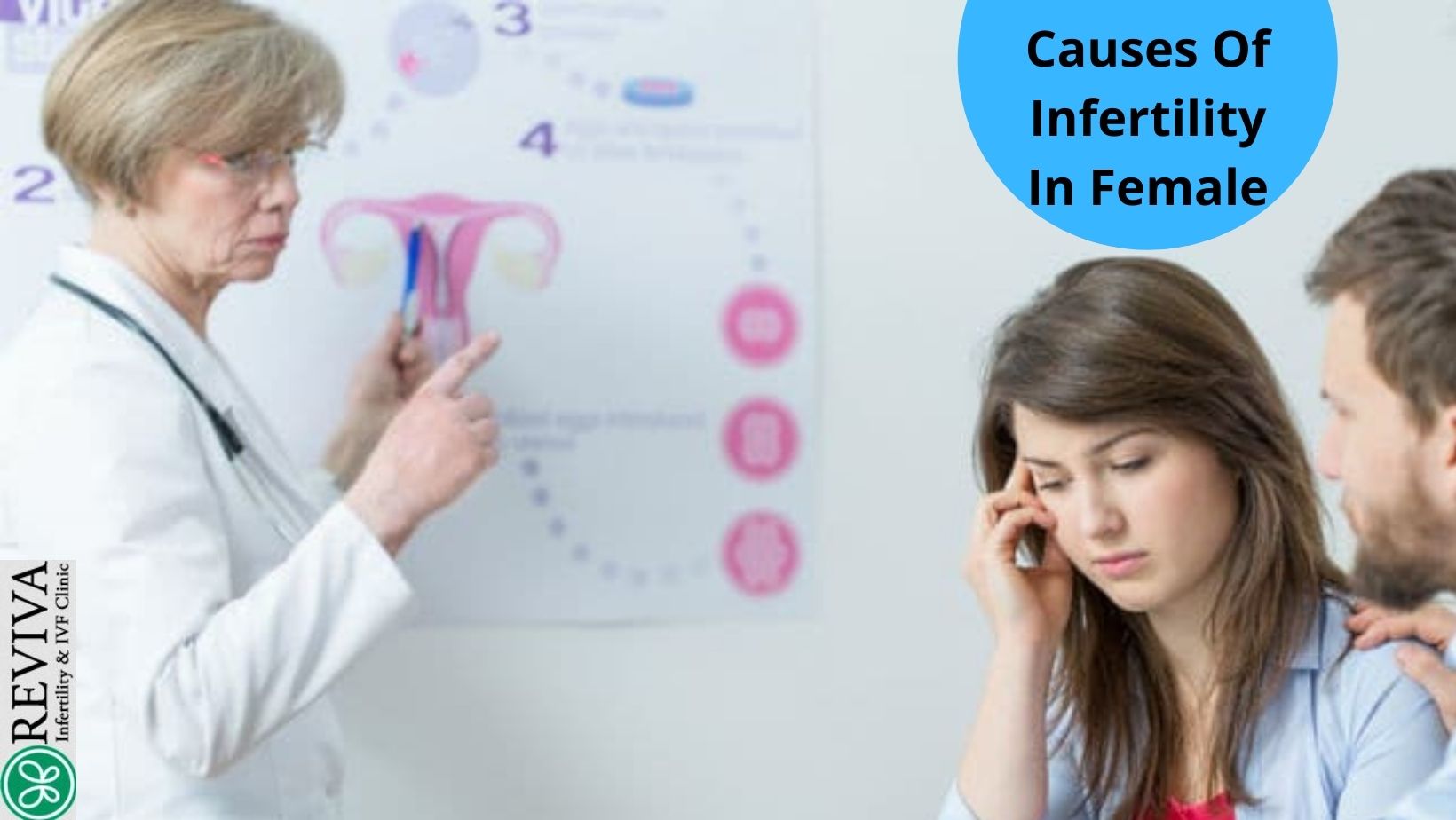Infertility in women is a complex issue that often requires advanced medical treatment. Several factors can affect a woman’s fertility, including general health, lifestyle, eating habits as well as underlying medical conditions.
Infertility is defined as the inability to conceive after a year (or sometimes less) of regular, unprotected sexual intercourse. In most cases, infertility is caused by an underlying cause rather than a single event. It may be possible to restore fertility with the help of a doctor or other healthcare professional. With the help of advanced technology, these professionals provide In Vitro Fertilization treatment in Chandigarh and other parts of the county. Infertility treatment aims to address the underlying cause or causes of infertility and restore normal reproductive function.
Signs of fertility problems include: No period for 6 months or more, Menstrual periods are very irregular, Painful periods, very heavy bleeding, missed periods, pain in the pelvic area, Painful sex, Weight gain or loss without dieting, and feeling depressed or irritable.
If you’re trying to conceive or have been trying unsuccessfully for a while, read on. We will look at 10 causes of infertility in women, what they mean, and how they might affect your ability to have a child.
- Hormonal Issues
Hormones drive the reproductive process, so if there is an imbalance or problem with them, it could affect fertility. Polycystic ovary syndrome (PCOS) is one such hormonal disorder that is associated with infertility. Ovulation problems also fall under this category.
Doctors can do hormone testing to check how well your thyroid, pituitary, and adrenal glands are working, as well as to determine if you have adequate levels of follicle-stimulating hormone (FSH), luteinizing hormone (LH), and estradiol (E2). Blood tests may also be conducted to determine prolactin (PRL) and testosterone levels, which can interfere with pregnancy.
- Tubal or pelvic factors
A damaged Fallopian tube is the common cause of infertility in women, accounting for about 35 percent of cases. Tubal damage can prevent the egg from traveling through the tube or block the sperm from reaching the egg. Conditions like endometriosis and pelvic inflammatory disease can also cause fertility issues, as scar tissue can build up in the pelvis and interfere with reproduction.
- Uterine or cervical causes
A uterine abnormality like fibroids can interfere with the implantation of an embryo. On the other hand, the cervical mucus provides a sperm-friendly environment for the sperm to swim through on their way to the egg. If the cervical mucus is too thick or acidic, it may slow down or even kill sperm before reaching the egg.
- Obesity
Being overweight can impact a woman’s ability to conceive in several ways.
First, some of the excess weight is converted into hormones, particularly estrogen, that can result in an imbalance in the normal menstrual cycle.
Second, being overweight can affect ovulation and make it more difficult to predict when you will ovulate.
Third, extra weight can put a strain on your heart and other organs, which can cause problems with fertility. Finally, being overweight tends to be a result of poor diet and lack of exercise, which can also affect fertility.
- Being Underweight
Just as being overweight can negatively affect your ability to conceive, so can being underweight.
Weight loss (or gain) at either extreme tends to be associated with irregular periods, affecting ovulation and your ability to get pregnant.
- Getting Older
The older you are, the more challenging it is for you to get pregnant – especially over 35 years old. The reason for this is simple – as women get older, their egg quality declines, which makes conceiving more difficult and increases the risk of miscarriage.
- Stress
Stress can mess with your hormones, leading to irregular periods and infertility. In fact, women who receive fertility treatments may be more likely to become pregnant if they try stress reduction techniques.
- Smoking
Smoking cigarettes can harm a woman’s eggs, contributing to early menopause and infertility. It’s also associated with an increased risk of miscarriage. It has been reported that chain smokers often need In Vitro Fertilization treatment to make their dream of becoming parents come true.
- Exposure To Household Chemicals
Exposure to certain household chemicals can cause infertility in women. These chemicals include mercury, lead, pesticides, paint thinners, and xylene. These chemicals can cause endometriosis and pelvic inflammatory disease (PID), thus leading to infertility in women. However, there is no such link between chemicals and male infertility.
- Vigorous Exercise:
Vigorous exercise can also cause infertility in both men and women by decreasing their libido (sex drive). Excessive exercising can stop a woman’s menstrual cycle, affecting her ability to conceive. It also lowers their estrogen levels which makes them difficult to conceive.
Wrapping Up-:
Being healthier is a great goal to aspire towards, not just with infertility in mind but also for your own health. By changing your habits from time to time, you can make sure that you’re doing what you can to get the most out of life. You will feel better about yourself, and who knows? Your body might just be healthier too!




